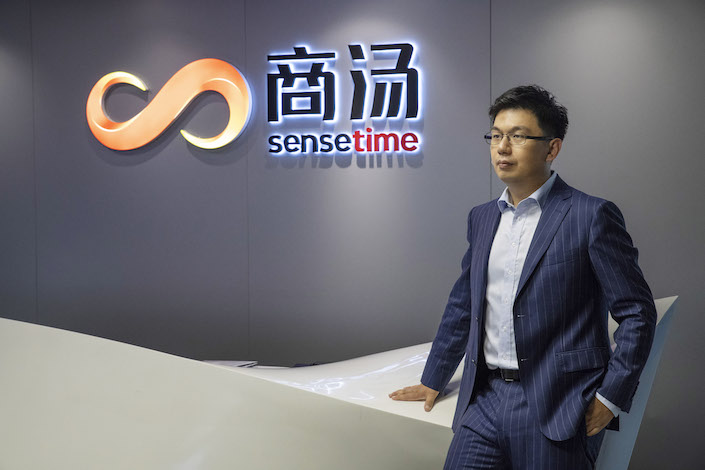SenseTime, a Chinese artificial intelligence company, has relaunched its $767 million IPO

Image credit: Caixin Global
Artificial intelligence start-up in China The SenseTime Group’s $767 million (£580 million) Hong Kong share offering has been reopened. The news comes a week after the company’s stock was delisted due to a prohibition on American investors.
SenseTime has been accused by the United States of creating face recognition software to ascertain people’s ethnicity, with a particular focus on identifying ethnic Uyghurs. On December 30, the company’s shares will begin trading on the Hong Kong Stock Exchange.
According to regulatory documents, SenseTime has maintained its goal of selling 1.5 billion shares in an initial public offering (IPO) for between HK$3.85 (£0.37; $0.49) and $HK3.99 apiece. On Thursday, the final price will be revealed.
On Monday, SenseTime repeated its rejection of the charges made by the US authorities.
The listing comes amid escalating tensions between the United States and China.
The US Congress enacted a law last week requiring businesses to certify that items imported from China’s Xinjiang province were not made using forced labour. In its treatment of the primarily Muslim Uyghur minority in China, the United States has accused China of genocide. More limitations were also imposed on DJI, a Chinese drone manufacturer, and seven other Chinese enterprises.
The firms were placed on an investment exclusion list by the Treasury Department, making it illegal for US residents to acquire or sell shares in them.
Other countries, like the United Kingdom and Canada, have joined the diplomatic boycott.
More than a million people, mostly Uyghurs and members of other Muslim minorities, have been jailed in a huge system of camps in China’s far-western province of Xinjiang, according to UN experts.
The treatment of Uyghurs has been labelled genocide by certain international parliamentarians and parliaments, citing evidence of forced sterilisations and deaths inside the camps. China denies these assertions, claiming that Uyghur population growth rates are higher than the national average.
China has disputed all charges of human rights violations in Xinjiang, claiming that its “re-education” camps are in place to combat separatist and Islamist extremism.
